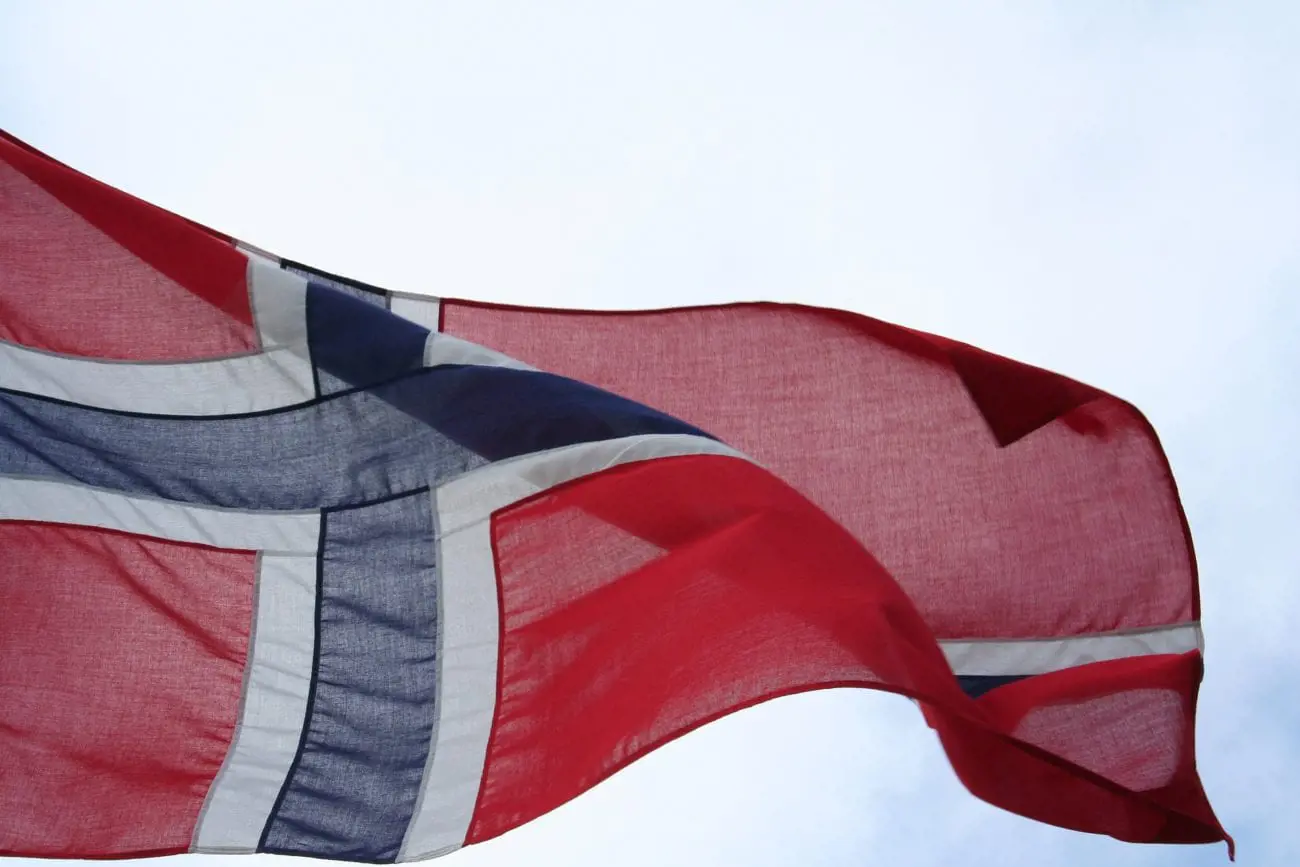Norway’s NBO urges end to national gambling monopoly
The Norwegian Industry Association for Online Gaming (NBO) has called on national authorities to consider ending the current gambling monopoly, after new research showed an increase in gambling addiction in the country.

The Norwegian Industry Association for Online Gaming (Norsk Bransjeforening for Onlinespill/NBO) has called on national authorities to consider ending the current gambling monopoly, after new research showed an increase in gambling addiction in the country.
Commissioned by Norway’s Lotteri-og Stiftelsestilsynet (Lotteritilsynet), the University of Bergen study included responses from 9,000 people across the country between the ages of 16 and 74.
Taking an average from the study, the University of Bergen concluded 55,000 people currently suffer from gambling problems, an increase from 34,000 in a similar survey in 2015. The new research also showed that a further 122,000 people are at risk of developing gambling problems.
NBO secretary general Carl Fredrik Stenstrøm said the association was “deeply concerned” about the findings and that the most effective method of lowering the risk for players would be to end the gambling monopoly currently in place in Norway.
“We have long seen that growth in the Norwegian gaming market takes place on the internet and warned that the exclusive rights model is out-dated,” Stenstrøm said. “Players and non-gaming products do not follow national boundaries.
“The reality is that about half of online gamers use international players. The authorities need instruments to regulate the entire market and weed out rogue players.”
Norsk Tipping currently holds the gambling monopoly in Norway, but Stenstrøm said that by changing laws to allow more operators to enter the country’s market would reduce the flow of consumers onto illegal sites.
Stenstrøm singled out Sweden’s regulated online gaming market, which opened in January last year, with all licensees required to abide by strict regulations in terms of responsible gambling. These include integration with a self-exclusion scheme that enables players to block themselves from gambling. That market, however, has been the centre of fierce debate, over concerns that particularly strict controls are pushing players to unlicensed operators.
According to Stenstrøm, licensing more operators would mean that they would need to abide by similar responsible gambling rules in Norway, which would in turn help lower problem gambling levels.
At Norsk Tipping, players can only lose up to NOK10,000 (£817/€915/$1,002) in one month on casino games, with a maximum loss limit of NOK20,000 per month across all games.
“So far, over 50,000 Swedes have blocked themselves from gambling, and the scheme is praised by the Swedish government,” he said. “We call for similar effective measures from the Norwegian authorities.
“We [acknowledge] that Lotteritilsynet says they will discuss the exclusive rights model, and calls for comparable Nordic surveys. More knowledge is needed, and that is something we support.
“What we know for sure is that today's lack of regulation in Norway does not work and is very harmful for the problem players and those at risk.”